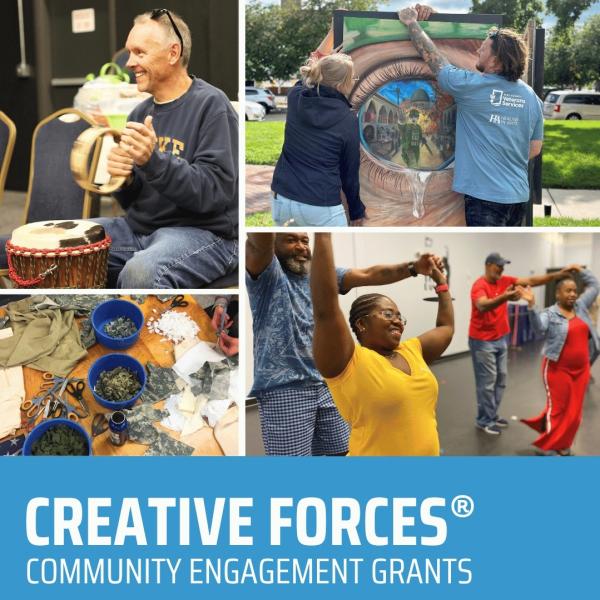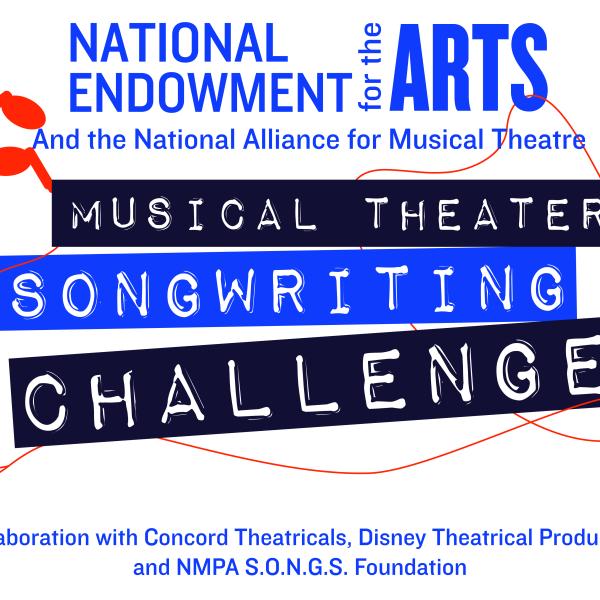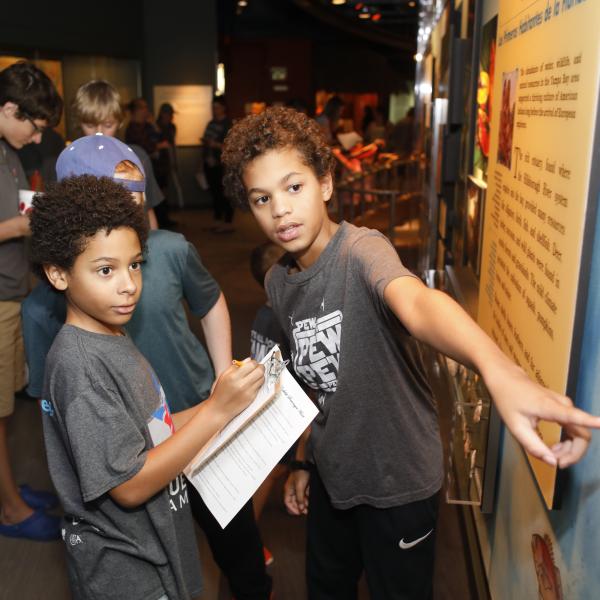National Endowment for the Arts Statement on the Death of NEA Jazz Master Johnny Mandel
Johnny Mandel with the Jazz at Lincoln Center Orchestra with Wynton Marsalis at the 2011 NEA Jazz Masters Awards Ceremony & Concert. Photo by Frank Stewart
It is with great sadness that the National Endowment for the Arts acknowledges the passing of Johnny Mandel, recipient of a 2011 NEA Jazz Masters Fellowship, the nation’s highest honor in jazz. Mandel was one of the nation's top composer/arrangers in jazz, pop, and film music. The breadth and quality of his work made it possible to be recorded by a wide variety of jazz musicians and singers. We join the jazz community in mourning his death while celebrating his life and many contributions to jazz.
In a Jazz Moment audio feature, Mandel described harmonizing standards: “I got sort of mesmerized by the whole thing of mixing the colors of the various instruments. There's many ways of harmonizing a standard song for instance. If you're writing an arrangement, you're going to write lines that go against the melody, or in back of a singer or in back of a player, and what I wanted to do was to just furnish a nice smooth pathway with the chords, which is like you're making trails.”
Mandel's parents discovered that he—at the age of five—had perfect pitch, and started him on piano lessons. He eventually moved on to playing horns and studied at the Manhattan School of Music and Juilliard School. In the 1940s, he played the trumpet with Joe Venuti and Billy Rogers, and trombone in the orchestras of Boyd Raeburn, Jimmy Dorsey, Buddy Rich, Georgie Auld, and Chubby Jackson.
From 1951-53, he played and arranged music in the band of Elliott Lawrence and Count Basie. Later he relocated to Los Angeles, where he played the bass trumpet for Zoot Sims. He also showed a prowess for composing, writing the jazz compositions "Not Really the Blues" for Woody Herman, "Hershey Bar" and "Pot Luck" for Stan Getz, "Straight Life" and "Low Life" for Count Basie, and "Tommyhawk" for Chet Baker.
In 1957 Mandel began working on film scores. His score for the Susan Heyward movie I Want To Live is considered the first time that jazz had been integrated successfully into a musical score. He went on to earn a reputation as a film composer/arranger, including "Suicide Is Painless," which was used as the theme for the movie (and later television series) M*A*S*H (whose soundtrack includes a version played by Ahmad Jamal), and "The Shadow of Your Smile" for the movie The Sandpiper, which won the 1965 Academy Award for Best Song. He provided music for more than 30 films.
Frank Sinatra chose him as arranger for his 1961 release Ring-a-Ding-Ding! In 1966, he served as musical director on Tony Bennett's The Movie Song Album and collaborated on Bennett's album The Art of Romance (2004). Other singers who have sought his talents out include Ray Charles, Natalie Cole, Shirley Horn, Peggy Lee, Anita O'Day, Barbra Streisand, and Nancy Wilson.
Mandel received five Grammy Awards: Song of the Year for Tony Bennett's performance of "The Shadow of Your Smile" and Best Original Score for The Sandpiper (both 1965), Best Arrangement on an Instrumental Recording for Quincy Jones' song "Velas" (1981), Best Instrumental Arrangement Accompanying Vocal(s) for Natalie Cole's Unforgettable (1991) and for Shirley Horn's Here's to Life (1992).
For more information on Mandel, including a full interview and short audio features, visit arts.gov. In addition, the Smithsonian Jazz Oral History Program, supported by the National Endowment for the Arts, has an oral history with Mandel.
Related Content
About the National Endowment for the Arts
Established by Congress in 1965, the National Endowment for the Arts is the independent federal agency whose funding and support gives Americans the opportunity to participate in the arts, exercise their imaginations, and develop their creative capacities. Through partnerships with state arts agencies, local leaders, other federal agencies, and the philanthropic sector, the Arts Endowment supports arts learning, affirms and celebrates America’s rich and diverse cultural heritage, and extends its work to promote equal access to the arts in every community across America. Visit arts.gov to learn more.
Contact
NEA Public Affairs
publicaffairs@arts.gov
202-682-5570




